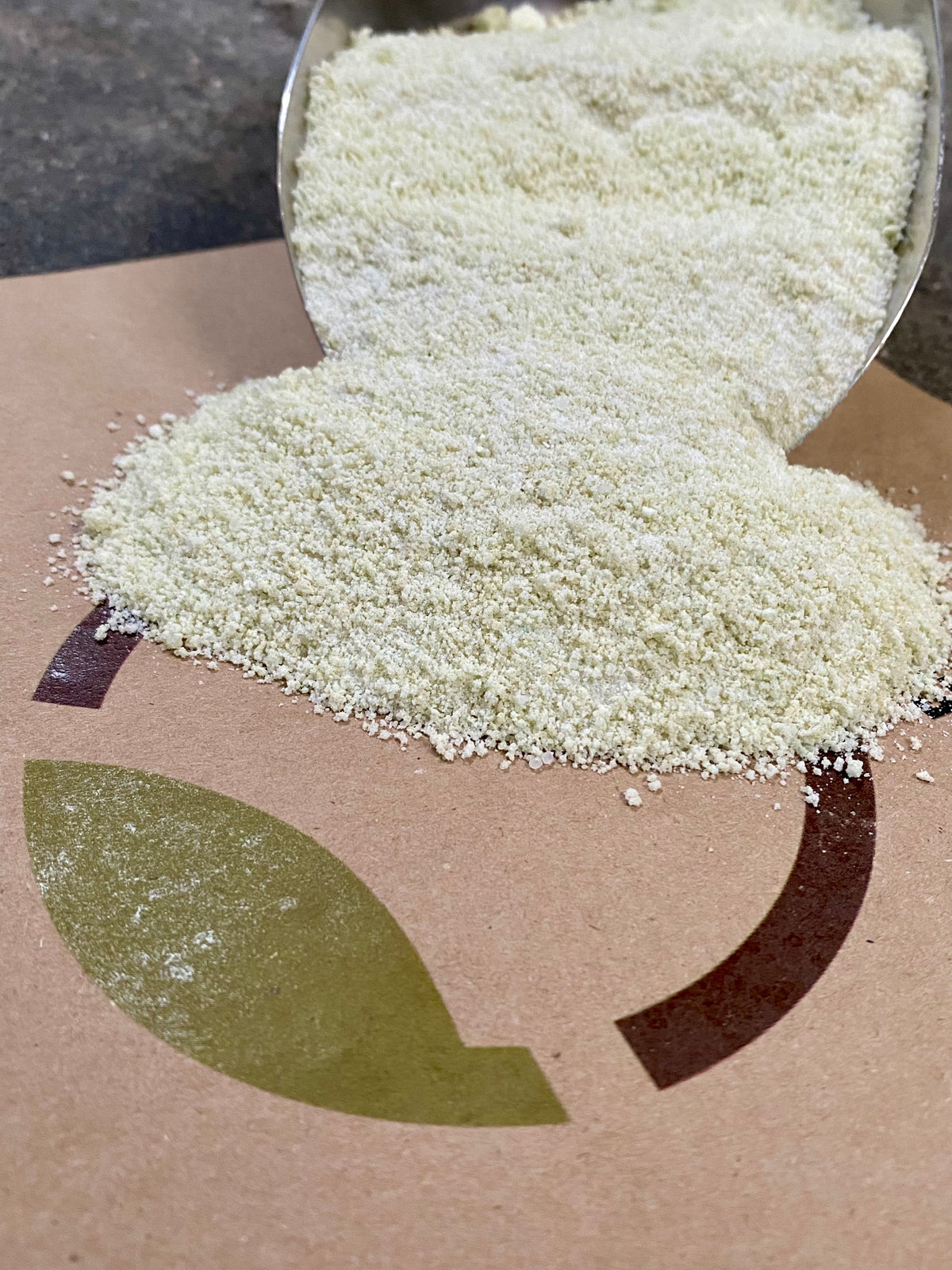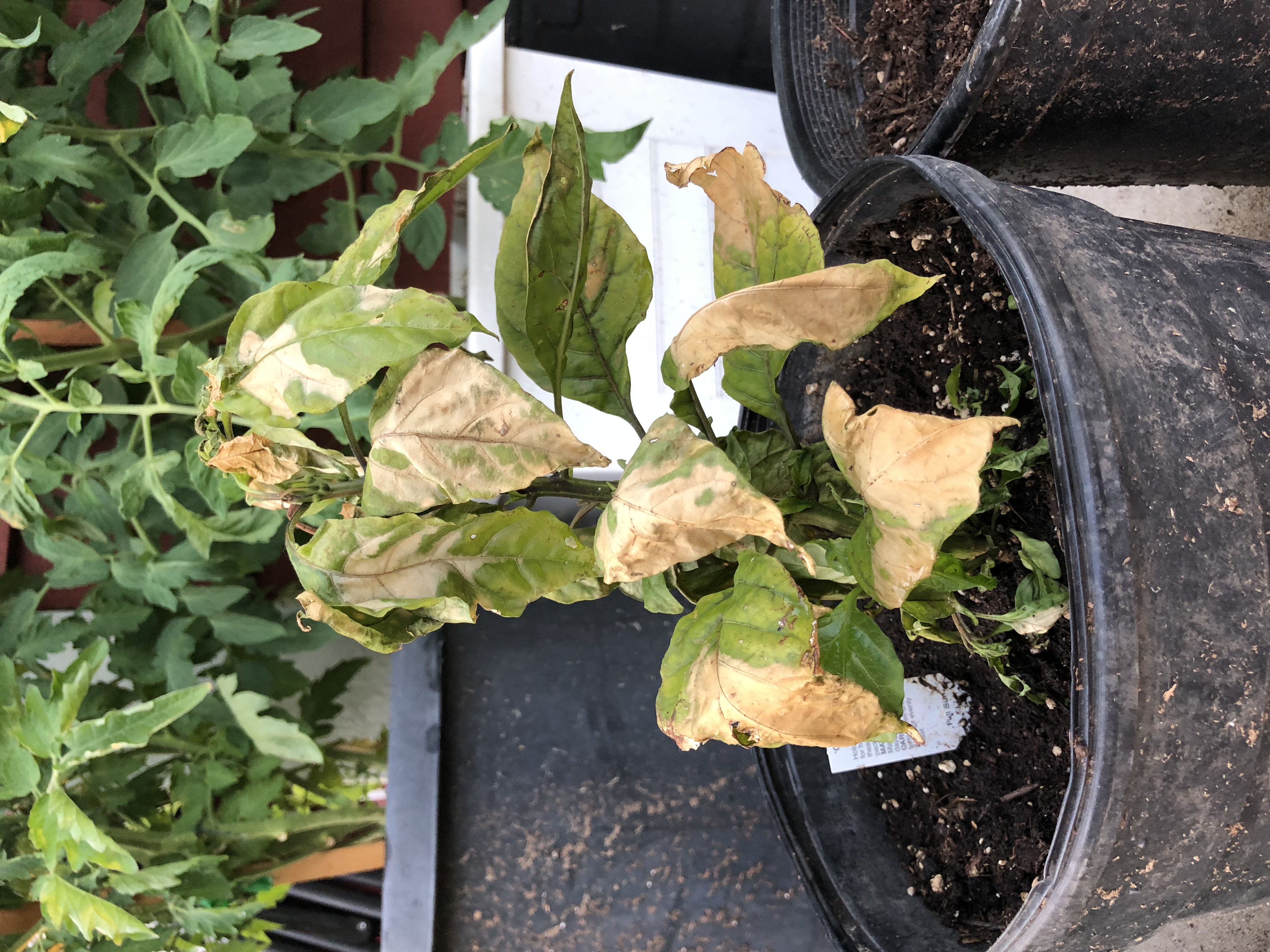The Ultimate Guide to Fertilizing Peppers: Enhancing Growth and Flavor Naturally
As pepper enthusiasts seek to grow durable plants producing tasty fruits, the role of fertilizing ends up being vital in accomplishing these goals. The journey to recognizing the elaborate balance of nutrients that peppers need for optimal development and taste is a nuanced one. By discovering the advantages of natural fertilizers, opening the tricks behind pepper plant nutrient needs, and delving into the world of organic plant food choices, a world of possibilities emerges for boosting the vitality and taste profile of these beloved plants. Remain tuned to uncover the vital methods and remedies that can boost your pepper-growing ventures to new elevations.
Benefits of Natural Plant Foods
Natural fertilizers use a variety of benefits that add to the overall wellness and efficiency of pepper plants. Unlike artificial fertilizers, all-natural alternatives supply crucial nutrients in a type that is easily taken in by the plants, advertising durable growth and growth. One of the crucial benefits of natural fertilizers is their capacity to enhance dirt structure and fertility in time. By improving the soil with raw material, such as compost or manure, natural plant foods boost its water retention capability and nutrient-holding capacities, creating a much more friendly environment for pepper plants to flourish in.
Additionally, natural fertilizers sustain a active and diverse dirt microbiome, cultivating helpful microbial task that helps in nutrient recycling and uptake by the plants. This microbial activity can assist reduce unsafe virus and conditions, reducing the requirement for chemical treatments. Furthermore, natural fertilizers promote long-lasting dirt wellness by preserving a balanced community underground, which consequently supports the overall health and strength of pepper plants over ground.
Comprehending Pepper Plant Nutrient Requirements
Having actually developed the advantages of natural fertilizers in enhancing soil health and advertising microbial task, the focus currently moves to understanding the certain nutrient requirements essential for optimum development and flavor in pepper plants.

Recognizing the certain nutrient needs of pepper plants is vital for attaining bountiful harvests with superb flavor. By giving the best balance of nutrients via organic plant foods or soil changes, growers can ensure healthy and balanced, vigorous plants that create flavorful peppers throughout the growing period.
Organic Fertilizer Options for Peppers
In enhancing the development and taste of pepper plants, selecting the proper natural plant foods is a vital my sources factor to consider. Organic fertilizers use a lasting and all-natural means to nourish pepper plants without presenting hazardous chemicals to the soil and atmosphere.
One more effective organic fertilizer for peppers is aged manure. Rich in phosphorus, potassium, and nitrogen, aged manure supplies a balanced nutrient mix that supports energetic growth and bountiful fruit production (best fertilizers for peppers). It is important to use well-aged manure to avoid burning the plants with excess ammonia
Fish emulsion is a fast-acting organic plant food that supplies pepper plants with a fast increase of nutrients. Obtained from fish waste, this fertilizer is high in nitrogen, making it particularly advantageous during the onset of pepper plant development. Fish emulsion is easy to apply and is conveniently taken in by the plants, promoting healthy vegetation and strong root advancement.
When choosing a natural plant food for peppers, think about the particular nutrient requirements of your plants and choose options that straighten with your gardening practices and worths.
Ideal Practices for Fertilizing Pepper Plant Kingdoms
Thinking about the significance of choosing appropriate natural plant foods for pepper plants, applying ideal methods for fertilizing is vital to guarantee optimal growth and taste development. One of the vital ideal techniques for fertilizing pepper plants is to carry out a dirt test before using any fertilizers. This examination will certainly help figure out the specific nutrient requirements of the dirt and guide you in choosing the appropriate type and amount of plant food. It is additionally crucial to feed pepper plants at the correct time, normally prior to planting and during crucial growth phases such as flowering and fruit development.
In addition, incorporating organic issue into the soil via compost or mulching can help enhance soil structure, water retention, and vitamins and mineral accessibility, advertising much healthier pepper plants with enhanced taste accounts. By adhering to these best practices, you can effectively nurture your pepper plants and accomplish abundant harvests with superior preference and high quality.
Troubleshooting Common Fertilizing Issues

pH inequality is an additional concern that can impact nutrient uptake in pepper plants. Developing a routine fertilization schedule and following advised application prices can aid stop this issue and make certain healthy pepper plants throughout the expanding season.
Conclusion
Finally, making use of all-natural plant foods can dramatically enhance the growth and taste of pepper plants. By recognizing the nutrient requirements click for more of pepper plants and selecting organic plant food choices, gardeners can successfully promote energetic and healthy development. Adhering to finest practices for feeding pepper plants and fixing typical fertilizing concerns can assist ensure effective growing of peppers. In general, correct fertilizing techniques are vital for making best use of the return and top quality of pepper plants.
By exploring the advantages of all-natural fertilizers, opening the secrets behind pepper plant nutrient requires, and diving into the realm of natural fertilizer choices, a globe of possibilities arises for boosting the vitality and flavor profile of these precious plants.Fish emulsion is a fast-acting organic fertilizer that provides pepper plants with a fast increase of nutrients. It is also vital to fertilize pepper plants at the ideal time, usually prior to growing and during essential development stages such as flowering and fruit advancement.
By understanding the nutrient needs of pepper plants and selecting natural plant food options, gardeners can successfully advertise healthy and vigorous development. Following finest methods for feeding pepper plants and troubleshooting common fertilization problems can aid ensure successful growing of peppers.